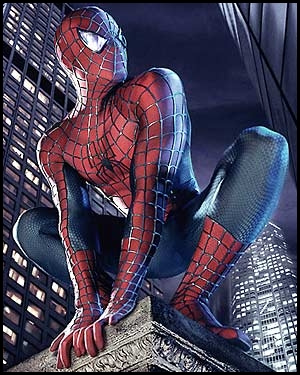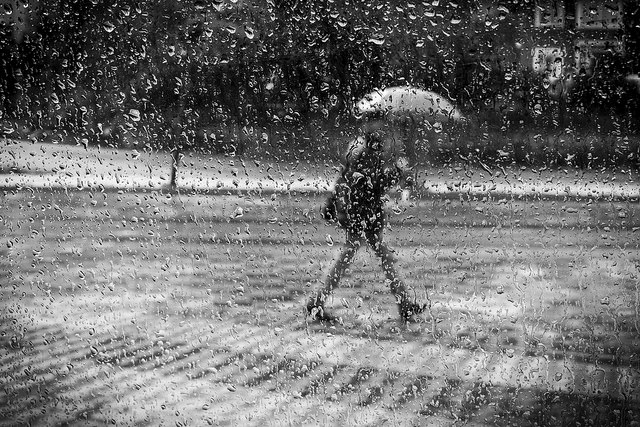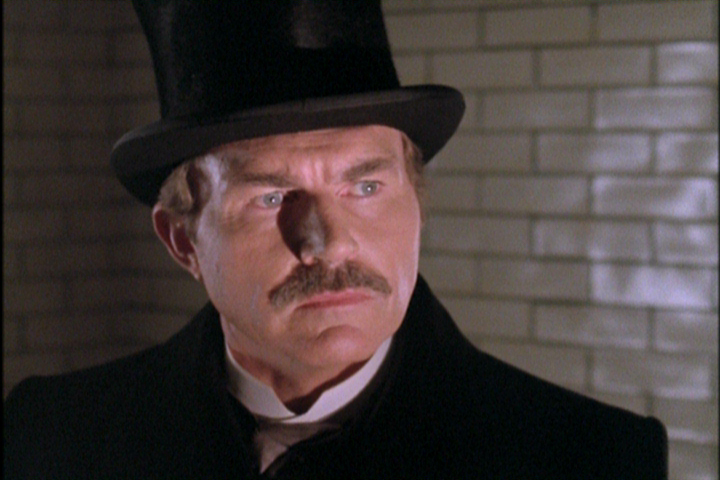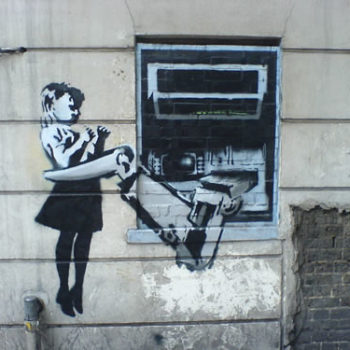Rule:
-
Stay away from the main character because supporting or minor characters are more likely to die.
-
The book is usually centered on the Hero and their needs. Everybody else does not matter and it is only about what the hero wants.
-
Characters are not real and are made for entertainment. We imagine what they would look and be like based on the author’s description.
-
The characters in literature are relatable and people compare characters to real life people or themselves.
-
A minor character must die in order for the main character to learn a lesson.
-
A sacrifice must be made in order for the plot to move forward.
-
The main characters are meant to be the focus of the literature so there is no confusion on who is important.
-
Knowing too much about a character can change the way we see them and can change the purpose entirely
Examples: The Iliad, Romeo and Juliet, Harry Potter, Top Gun
The movie “Spider-man” is the perfect example of why we should never stand next to the hero. Like many hero movies, somebody has to die in order for the hero to learn his lesson. Spider-man has to learn his lesson the hard way when he does listen to his uncle’s advice that “with great power comes great responsibility” and ends up getting his uncle killed. After being bit by a genetically modified spider, Peter Parker (Spider-man) begins to have superhuman powers similar to those of a spider. He does not listen to his uncle’s wise words and instead uses his powers to win money in a wrestling tournament. When Peter is not given his prize money he allows a thief to steal money to get revenge. This is a huge mistake because when the thief leaves, he kills Peter’s uncle. The tragedy of his uncle’s death, forces Peter to learn his lesson and move the plot forward. Without the death of the uncle, there would be no tragedy for the young hero to learn from and the plot would move forward. The uncle’s death seems like tragic irony because he gives the advice that Peter did not listen to and is the tragedy that forces Peter to learn that lesson. This fictitious tragedy serves as the hero’s motivation throughout the movie and creates an interest plot.
Photo credit: Nick Grabowski via Foter.com / CC BY-NC-ND












1 Comment
I think this post was very thorough and thought out, and I liked the example you used!!
I think something else that should be mentioned are the reasons Foster listed for why not all characters have the same amount of background given and why readers are able to connect more with just the main characters. Obviously books need supporting characters, and authors create these characters for different reasons, which ever reason fits their book. Foster explained that some characters aren’t given the same amount of “spot light” time because:
1. If every character was developed as much as the main character the readers wouldn’t know who to focus on.
2. The writer doesn’t want to spend all their time and effort making up backstories for characters who essentially don’t matter.
3. The writer doesn’t want the reader to get confused with the intent of this character…as Foster directly stated, “If a character is there to be a villain, finding out he loves his mom or owns a dog may be a distraction from the main point” (page 86).
4. The increase in length that would be added to a short story or book. This relates back to the second rule.
Very different from your example, I think I would choose the movie The Notebook to show this chapter’s intent. When Allie moves away and doesn’t receive the contact from Noah she finds a man and they are set to be married. During this time, Noah was coming back from the war and his father had given him all of his money to buy “the house.” This house was the house Allie and Noah envisioned themselves in when they were only teenagers. Noah was fixing the house up with his father, but not to the extent he began to after his father passed away. Without his father’s passing, Noah wouldn’t have worked so hard on making “the house” THE dream house for everyone. The house was so beautiful, there was a preview of himself and the house printed in the newspaper. Allie saw the picture, and after that, she left her fiance and eventually died laying next to Noah.